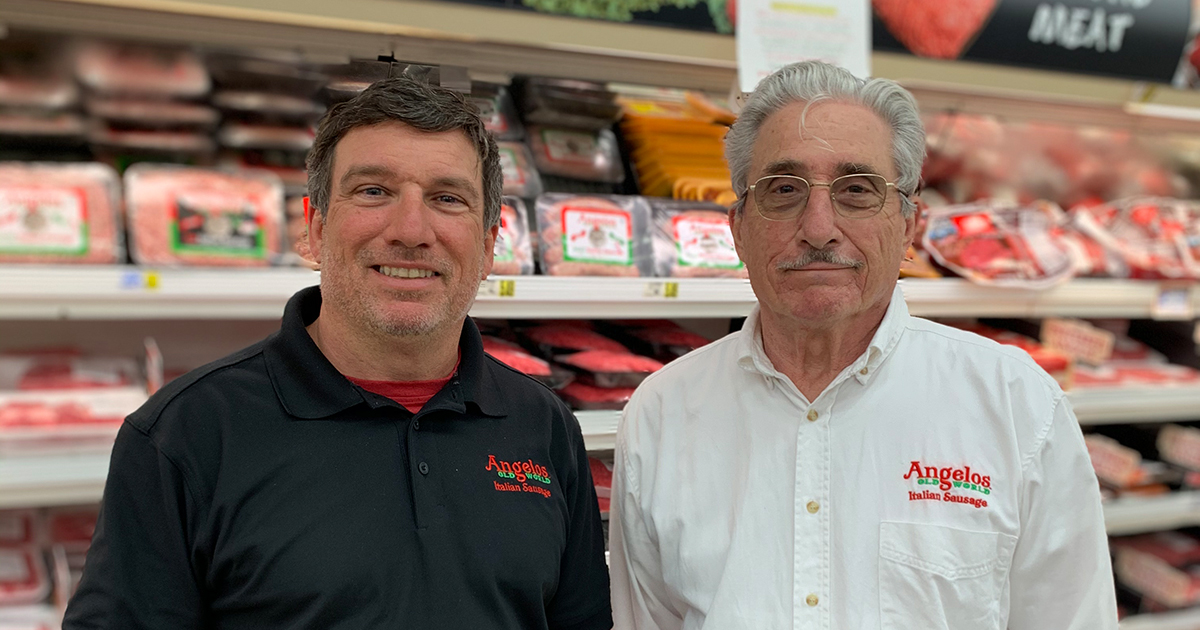West Virginia
Us & Them: Our Foster Care Crisis – West Virginia Public Broadcasting
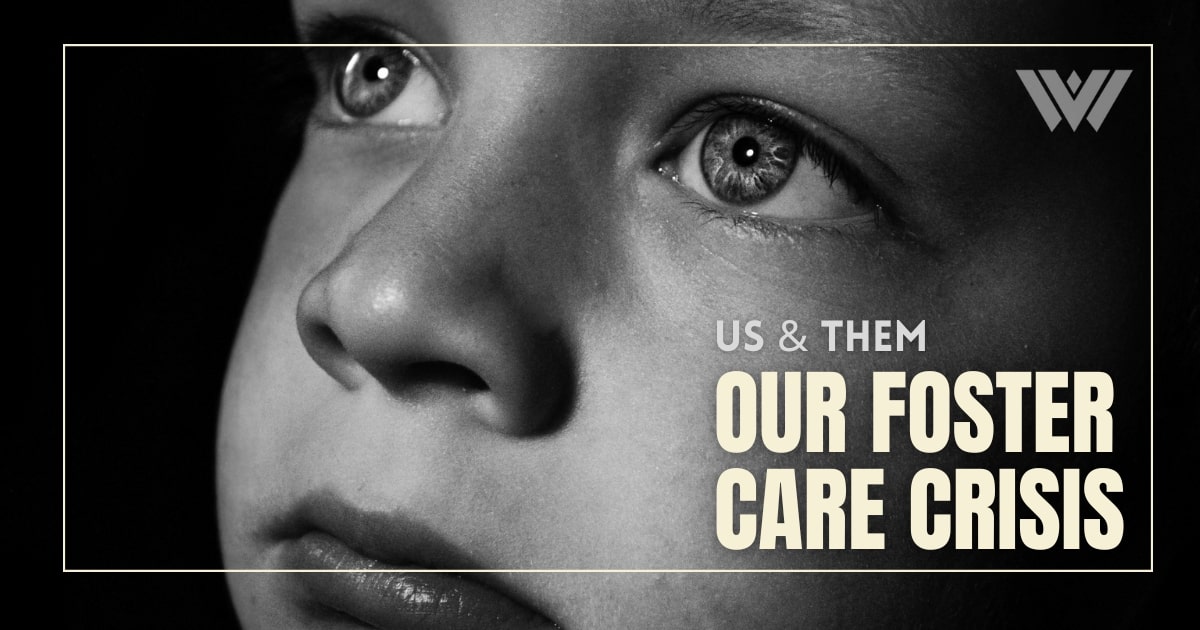
There’s a foster care crisis in America. Nationally, more than 390,000 children are in foster care. In West Virginia, that’s just over 6,000 children who need a safe place to call home. Last year, more than half of all states saw their number of licensed homes drop, some as high as 60 percent. That challenge comes because new foster parents don’t stay in the system for long.
On this episode of Us & Them, host Trey Kay hears about the shortage of licensed foster homes. Foster care is most often needed because of parental substance use, mental health challenges, poverty and neglect. While official foster care cases are tracked and overseen by state agencies and nonprofit organizations, there are many informal kinds of so-called kinship care that are not official or included in state data. Some experts say the number of those kinship cases drives the stakes of the challenge much higher.
This episode of Us & Them is presented with support from the West Virginia Humanities Council, CRC Foundation and Daywood Foundation. Subscribe to Us & Them on Apple Podcasts, NPR One, RadioPublic, Spotify, Stitcher and beyond.
“I was in several foster care situations… I think three or four. It always seemed short and seemed as if we were getting bounced around. The hard part was probably just the beginning, how much I just always try to keep my siblings in check. I felt as if, if they behaved in a way, just like the other situations we might get taken away. It feels like yesterday that I got adopted. It went by fast. The things that make me smile was definitely adoption day. ‘Cause I knew, I finally found a family and I could try and live out the rest of my childhood.”
— Dominic Snuffer Photo Credit: Trey Kay/West Virginia Public Broadcasting
“You might fall off because of just life experiences that you may be going through. You might have a change in jobs. You might have an illness in your family. You might have a death in the family. And so I used to see for every 100 parents that I recruited, I might get only four to six families actually get a kid into their home for every hundred that would call me and be interested in becoming a foster parent.”
— Larry Cooper
Photo Credit: The Children’s Home Network
“They both took the stand and said that they give up the rights to their child, I just started breaking down. [Brandi] was sitting beside me like this and she looked over at me. She said, ‘What’s wrong?’ I said, ‘I can never imagine saying that about my own child.’ She was kind of numb to it because she’s worked in the field. It was hard to hear somebody say that.” — Marc Wilson “It wasn’t until he was sitting next to me in the courtroom that I realized not everybody hears relinquishment. Not everybody hears abuse, neglect. Not everybody hears that – as CPS workers [this is] just everyday language. So once I was with him and realized, OK, this isn’t everybody’s life. They may have drug issues, domestic violence, gangs coming in and out of their home, but these words are not everyday life for a lot of people.” — Brandi Wilson
Photo Credit: Trey Kay/West Virginia Public Broadcasting
“I can tell you the number of kids in formal care, so if there are 6,078 kids in foster care in West Virginia, right now 58 percent of those are in kinship relative placements. For kids in informal care, where grandma or an aunt or some type of relative or even what we call fictive* kin has stepped in, it’s almost impossible to get numbers on that.”
— Rachel Kinder
*Fictive care refers to placements where a foster parent knows the child but is not related to them. This could be a teacher, family friend or a neighbor. Photo Credit: Mission West Virginia
“It actually was a pretty easy decision, because we were both on the same page almost always with helping people. I’ve known since probably my early high school years that I did want to do foster care. However, we really wanted no more than maybe three. And the way life and things happen, we got five at one time. I have two brothers who were put in foster care that I never knew and I still don’t know. So we made a commitment that when we got into it, that we would never split up families.” — Louisa Snuffer
“If they call us for a sibling group, we’re not going to say no to them because that was our number one belief. Like, ‘We need to do whatever we can to keep siblings together.’ When we were initially approved, we were approved for four children. So, DHHR told us we could have four children in the house, given the space. And that was kind of our cap. I said, ‘Maybe we’ll do three tops,’ you know, that seems like a manageable number. And the very first call we got for placement was a sibling group of five. Of course we said yes. We had to do a few things to get approved for a fifth child. They moved in with us. Things went great.” — Nikki Snuffer
Photo Credit: Trey Kay/West Virginia Public Broadcasting
“[For] my kids that have gone to Winfield, I make them go through the [Future Leaders] program. Not because I’m teaching it, but because even if it wasn’t me, I’d want them to get these skills. It’s the kind of things that are forgotten these days.” — Nikki Snuffer
Photo Credit: Trey Kay/West Virginia Public Broadcasting

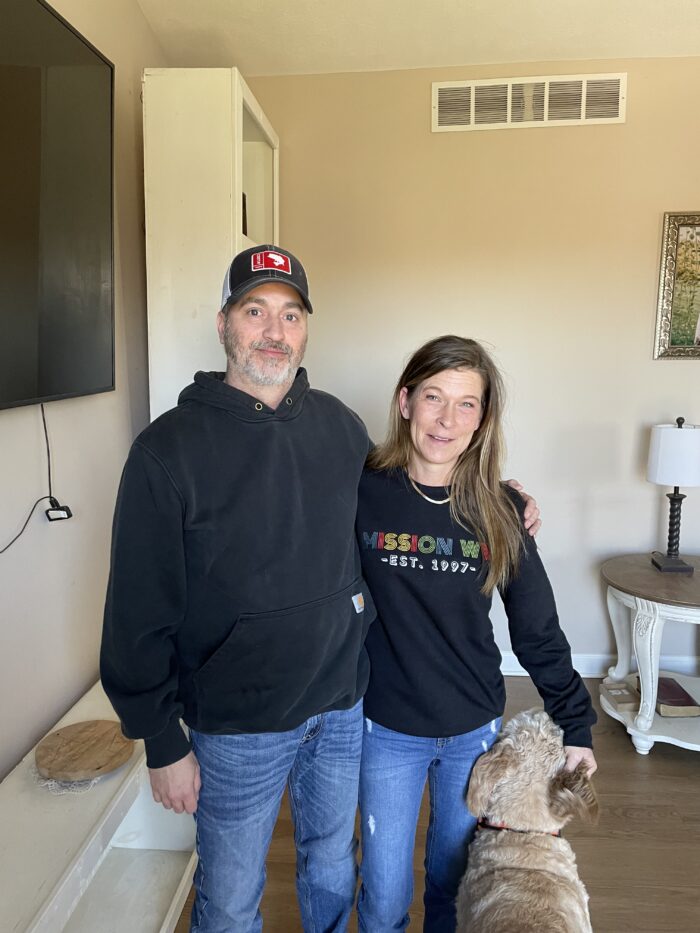

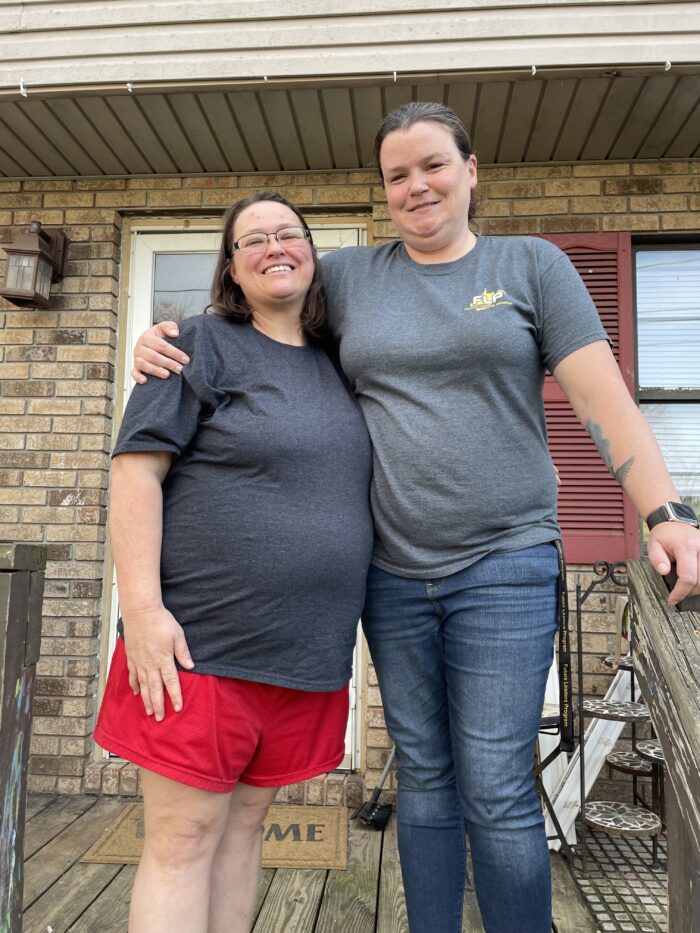
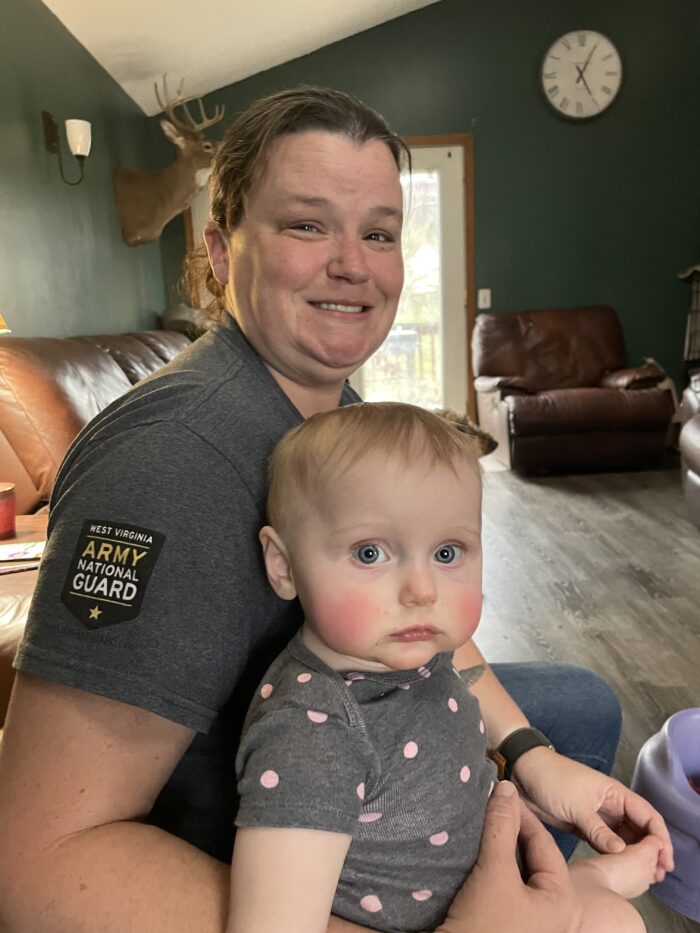

West Virginia
Errors hurt West Virginia in game three loss to Cincinnati – Blue Gold Sports

Cincinnati got off to another hot start, and West Virginia committed three errors as Cincinnati took game three to win the series against the Mountaineers on Sunday at UC Baseball Stadium in Cincinnati.
Cincinnati (27-21, 13-11 Big 12) started out hot in the first inning, getting a score from Kerrington Cross off of an error, an RBI groundout from Luke Sefcik, an RBI single from Josh Hegemann then a score of his own to make the score 4-0 after one inning.
West Virginia (28-18, 15-9 Big 12) got on the board in the second inning when they loaded the bases then got an RBI fielder’s choice from Skylar King to make the score 4-1 after two innings. They would then cut into the deficit more when Reed Chumley hit a sac fly to score JJ Wetherholt to make the score 4-2 midway through the third inning.
In the bottom of the third, Cincinnati got a single and a walk then Alec Jones hit a three-run homer to extend the Cincinnati lead to 7-2 after three innings.
The next three innings were scoreless, and West Virginia at one point had 12 consecutive batters retired by Cincinnati’s pitching.
West Virginia got two runners on base in the top of the seventh inning but came away empty handed. Cincinnati extended the lead in the bottom of the seventh when Max Palmieri scored off of a passed ball to make it 8-2.
The Mountaineers only got JJ Wetherholt and Ben Lumsden on base over the final two innings as Cincinnati sealed the deal to take two of three from West Virginia in this series.
Nathan Taylor got the win for the Bearcats and moves to 7-1 on the season, while Aidan Major took the loss for the Mountaineers to fall to 4-4 on the season.
Josh Hegemann was the lone Cincinnati Bearcat to record more than one hit on the afternoon as Cincinnati as a team recorded seven hits. JJ Wetherholt was the lone Mountaineer to record more than one hit as West Virginia as a team recorded five hits.
Up next for the Mountaineers is a midweek game against Penn State on Wednesday at Kendrick Family Ballpark in Morgantown, West Virginia, with first pitch set for 7 p.m. on ESPN2.
West Virginia
Company responds as PSC green lights siting for future plant in Doddridge County – WV MetroNews

DODDRIDGE COUNTY, W.Va. — Competitive Power Ventures, an electric power generating company, has been approved for a site certification on a multi-billion dollar project planned for Doddridge County.
The project has been in development for several years. CPV chose Doddridge County as the location of $3 billion Carbon Capture Project back in December 2022. Featured will be the CPV Shay Energy Center that will consist of an 1,800 MW combined-cycle natural gas power station with the capability to utilize carbon capture technology. The CPV Shay Energy Center will help supply power to nearly 2 million homes and businesses in West Virginia.
Matthew Litchfield, vice president of External and Regulatory Affairs at Competitive Power Ventures, said being granted the siting certificate from the West Virginia Public Service Commission is a significant milestone in their progress on the project.
“We do still have quite a bit of work to do but this is something we’re celebrating,” Litchfield said. “We’re very thankful to West Virginia and the Public Service Commission for the process and for the approval.”
Litchfield said the project will be designed to include carbon capture technology. He says up to 90% of carbon emissions could be captured at their plant.
“It has been historically challenging to do, however, over the last several years, we’ve seen a lot of momentum building to make this even more economically viable,” said Litchfield.
He noted federal tax credits put in place by the Inflation Reduction Act and support from the state for the project.
The U.S. Environmental Protection Agency recently rolled out new rules for power plants to include carbon capture and reduce carbon emissions drastically over the next couple of years. Litchfield said they welcome the carbon capture element and believe that aspect will work for them in their plans.
“This is something we’re excited about pursuing in Doddridge County,” he said.
Construction on the project isn’t expected for a few more years. The project is expected to create up to 2,000 jobs during peak construction and is projected to go into operation later this decade.
West Virginia
Hot start propels Cincinnati to a game two win over West Virginia – Blue Gold Sports

Cincinnati (26-21, 21-11 Big 12) jumped out to a 7-0 start, which helped propelled the Bearcats to a game two win over West Virginia (28-17, 15-8 Big 12) on Saturday at UC Baseball Stadium in Cincinnati.
After scoreless first and second innings, Cincinnati would get on the board first when Hunter Jessee hit an RBI single to score Lauden Brooks to make it 1-0. Max Palmieri would then extend the lead to 4-0 when he hit a three-run home run to score Hunter Jessee, Josh Kross, and himself.
After a scoreless fourth inning, Cincinnati would extend the lead when Alec Jones hit a solo home run to make it 5-0 and then Kerrington Cross hit a two-run homer to score himself and Josh Hegemann to make it 7-0 after five.
After a scoreless sixth inning, West Virginia would finally get on the board when Reed Chumley hit a two-run homer in the top of the seventh to score himself and Kyle West to make it 7-2.
West Virginia then managed to load the bases in the top of the seventh but came away with nothing when they ended the inning with a double play that was upheld upon replay. Cincinnati then extended the lead to 9-2 when Kerrington Cross hit an RBI single to score Alec Jones then Lauden Brooks reached home plate on a fielder’s choice that was upheld upon replay.
The rain started to come down hard in the top of the eighth, which led to the game going into a weather delay. Coming out of the delay, Reed Chumley hit a two-run home run to score himself and Logan Sauve to cut the deficit to 9-4.
In the bottom of the eighth, Josh Kross hit a solo home run to extend the lead to 10-4. West Virginia was then retired in order in the top of the ninth to seal the win for Cincinnati.
Tommy Boba got the win for the Bearcats and moves to 4-5 on the season, while Derek Clark took the loss for the Mountaineers to fall to 5-2 on the season.
Five different Cincinnati batters recorded at least two hits as team as a whole recorded 14 hits on the afternoon, which included four total home runs. Reed Chumley was the lone Mountaineer to record more than one hit, as he recorded three of them with two of them being home runs.
Game three of the series is set for 1 p.m. tomorrow at UC Baseball Stadium in Cincinnati with the game available to watch on ESPN+.
-

 World1 week ago
World1 week agoEU Parliament leaders recall term's highs and lows at last sitting
-

 Politics1 week ago
Politics1 week agoGOP lawmakers demand major donors pull funding from Columbia over 'antisemitic incidents'
-

 World1 week ago
World1 week agoHamas ‘serious’ about captives’ release but not without Gaza ceasefire
-
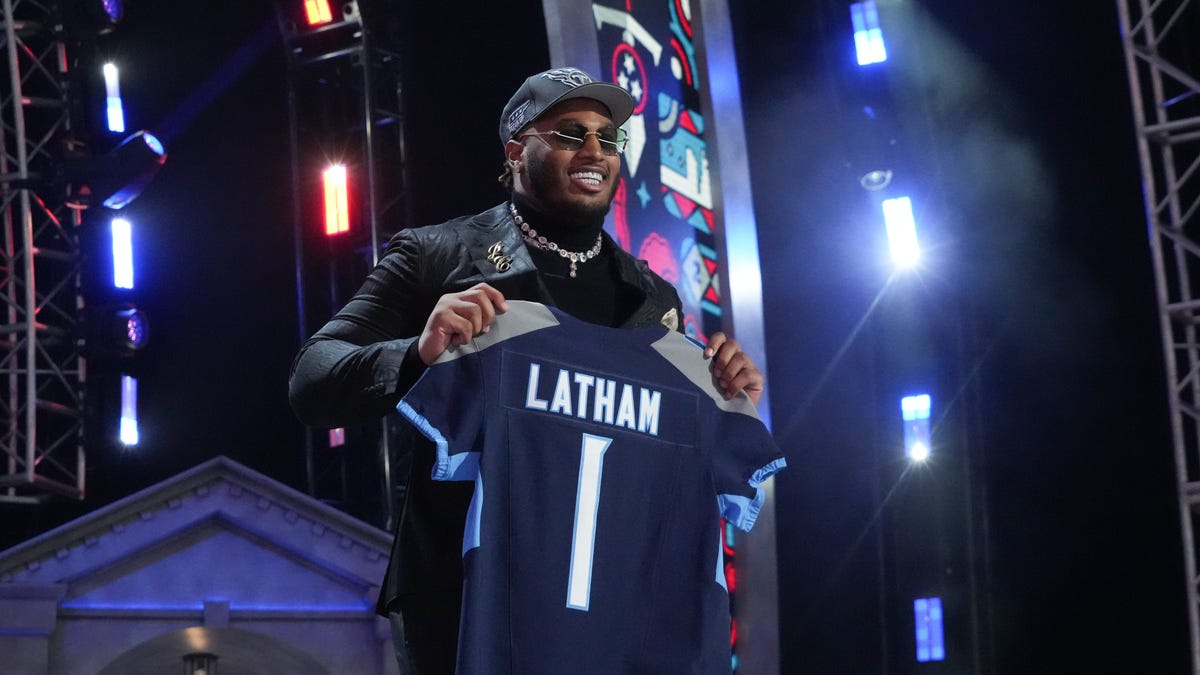
 Tennessee1 week ago
Tennessee1 week agoHow to buy JC Latham’s Tennessee Titans jersey after 2024 NFL Draft selection
-

 Politics1 week ago
Politics1 week agoColumbia University’s policy-making senate votes for resolution calling to investigate school’s leadership
-

 News1 week ago
News1 week agoBoth sides prepare as Florida's six-week abortion ban is set to take effect Wednesday
-
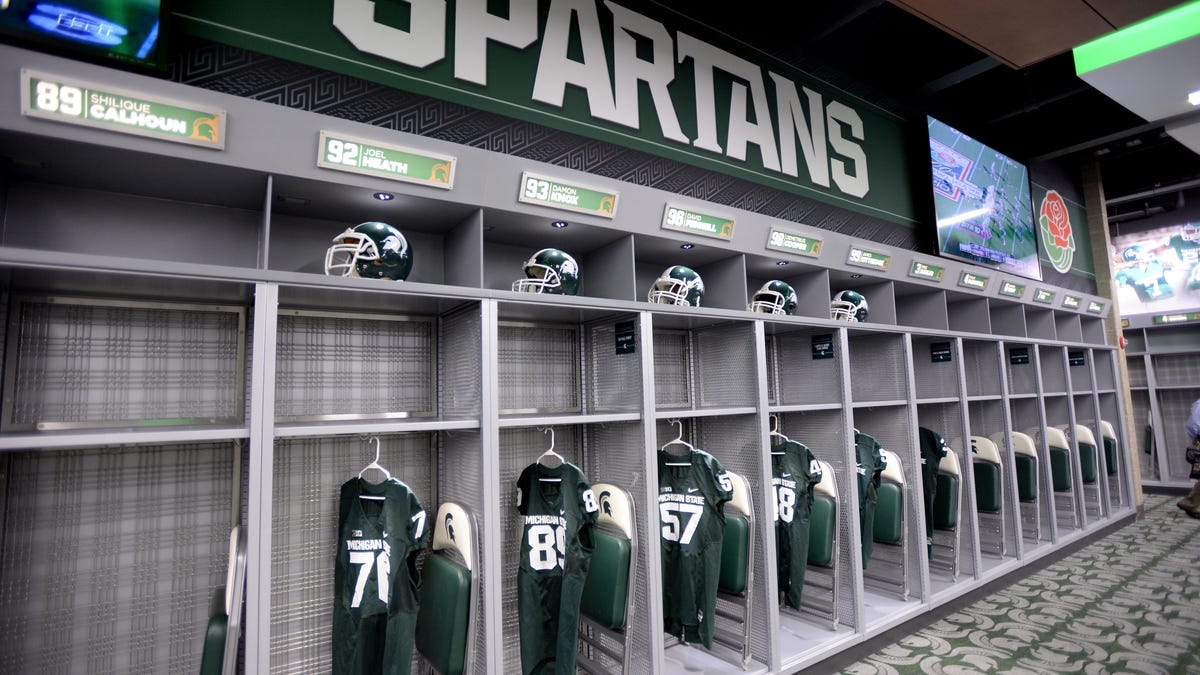
 Michigan1 week ago
Michigan1 week agoMichigan State football adds DT Brandon Lane from Stephen F. Austin
-

 Politics6 days ago
Politics6 days agoHouse Republicans brace for spring legislative sprint with one less GOP vote

